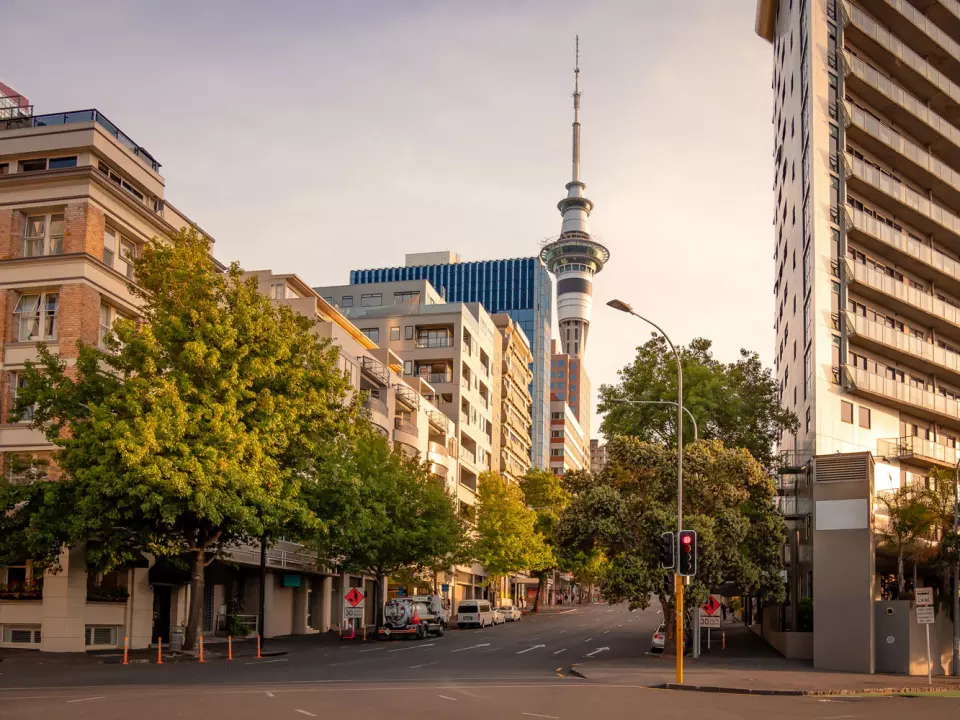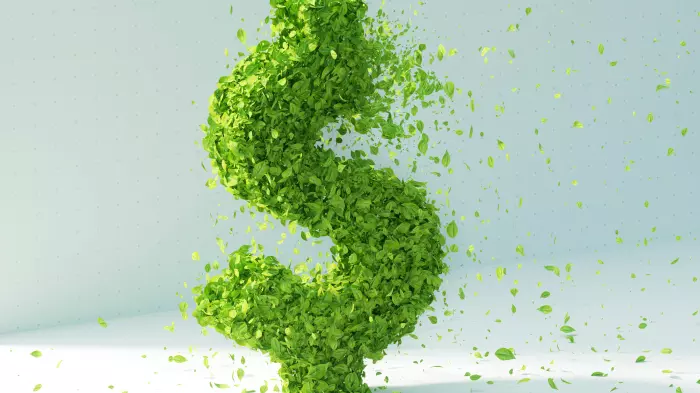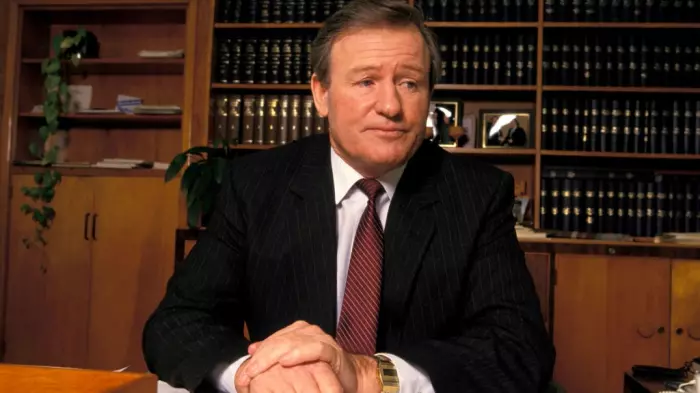The Climate Change & Business Conference provides a timely opportunity for businesses, communities and government to join forces in tackling climate change.
There are encouraging signs for New Zealand’s transition to a cleaner and more resilient economy - despite the backdrop of another year of extreme weather events here and abroad.
In March, the International Panel on Climate Change (IPCC) released a sobering report that UN chief Antonio Guterres described as “a survival guide for humanity”. Eight years on from the 2015 Paris Agreement, which acknowledged the massive challenge we face to prevent 1.5C of global warming, it looks likely we will surpass that target by the mid-2030s.
But there is hope. The IPCC report acknowledges positive change is still possible. There are “multiple, feasible and effective options to reduce greenhouse gas emissions and adapt to human-caused climate change” – and if businesses, communities and governments come together and act with urgency, we may still be able to mitigate worst-case climate scenarios.
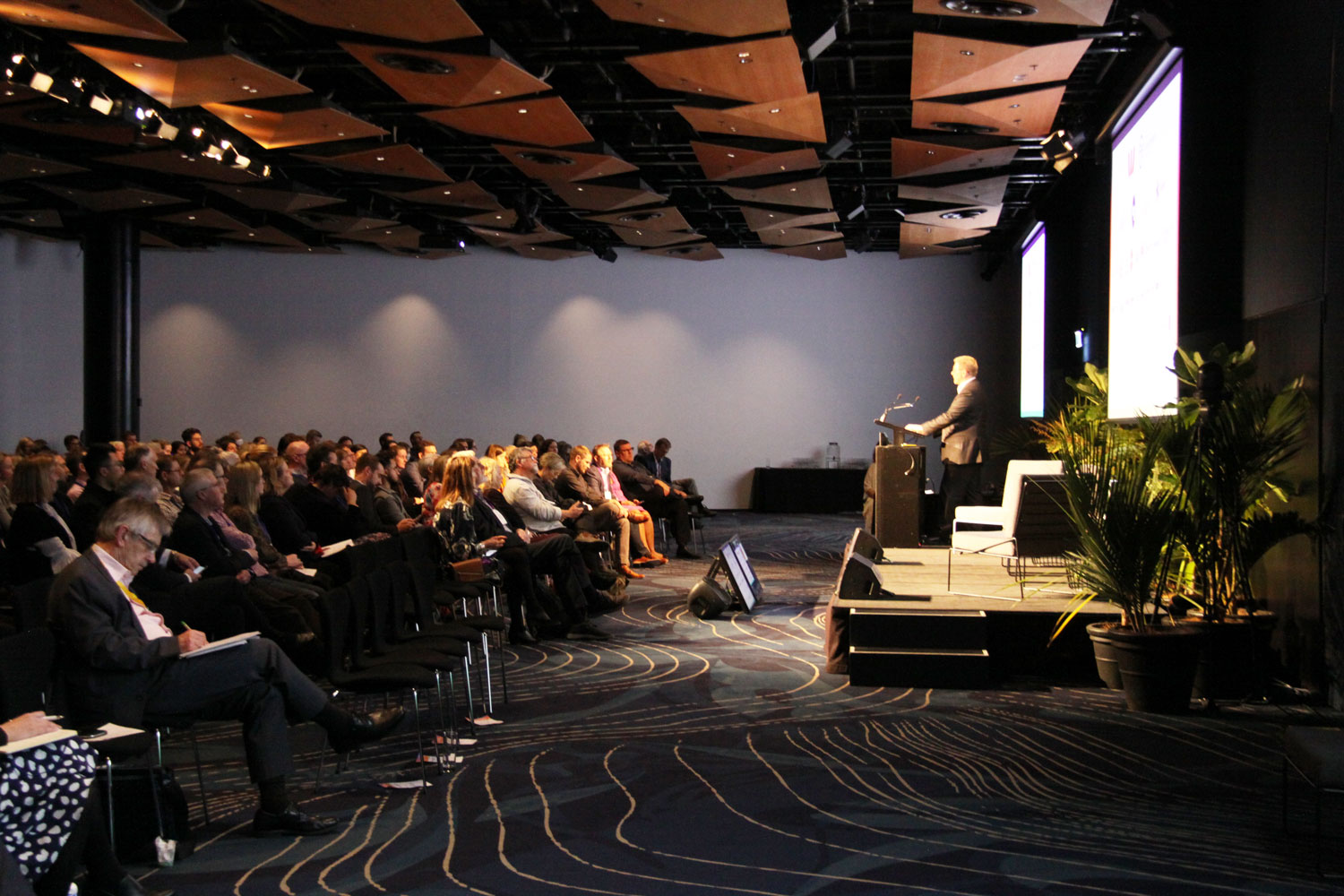 Mike Burrell speech CCBC. Image / Supplied.
Mike Burrell speech CCBC. Image / Supplied.This year’s Climate Change and Business Conference, taking place on September 19-20 at the Viaduct Events Centre in Tāmaki Makaurau Auckland, will explore where we are, where we need to be, and how to get there – and offer business leaders the opportunity to engage with their peers and unite for initiatives to help reach this goal.
Belinda van Eyndhoven is the Head of Sustainability at Westpac NZ, one of the conference’s Foundation Sponsors. She says the conference is the perfect forum for connection: it offers industry leaders the opportunity “to share knowledge, come up with new ideas, and collaborate on action.”
“It's easy to feel overwhelmed by what is happening in the world, but cooperation and innovation can make a difference,” she says.
Van Eyndhoven points to recently released Statistics NZ data, showing greenhouse gas emissions had decreased by 1.8 per cent in the December 2022 quarter. Renewable energy sources increased to an all-time high of 94.7 per cent, with a historically low level of coal being used to generate electricity.
She says this reflects the change happening in Aotearoa being, in part, built off strong government architecture in place around the reduction of emissions and adaptation to the rapidly changing normal. Business is also playing a leading role in this space, while the growing awareness of the crisis is changing individual behaviour as well.
While there are additional vehicles for change already in place (such as legislation that makes it mandatory for large companies to disclose how they are managing their climate change impacts), van Eyndhoven says the IPCC report makes it clear that we all need to “go faster and go bigger”.
“Government needs to continue to take a strong lead, with stable policy directions that business and individuals can follow – the Climate Change and Business Conference is an ideal space in which to share and collaborate on solutions,” she says.
“We’re hopeful the upcoming election won’t change the strong structures already in place at a government level. Climate change shouldn’t be a political issue. Most people agree it is an existential crisis, and we all need to work together for change.”
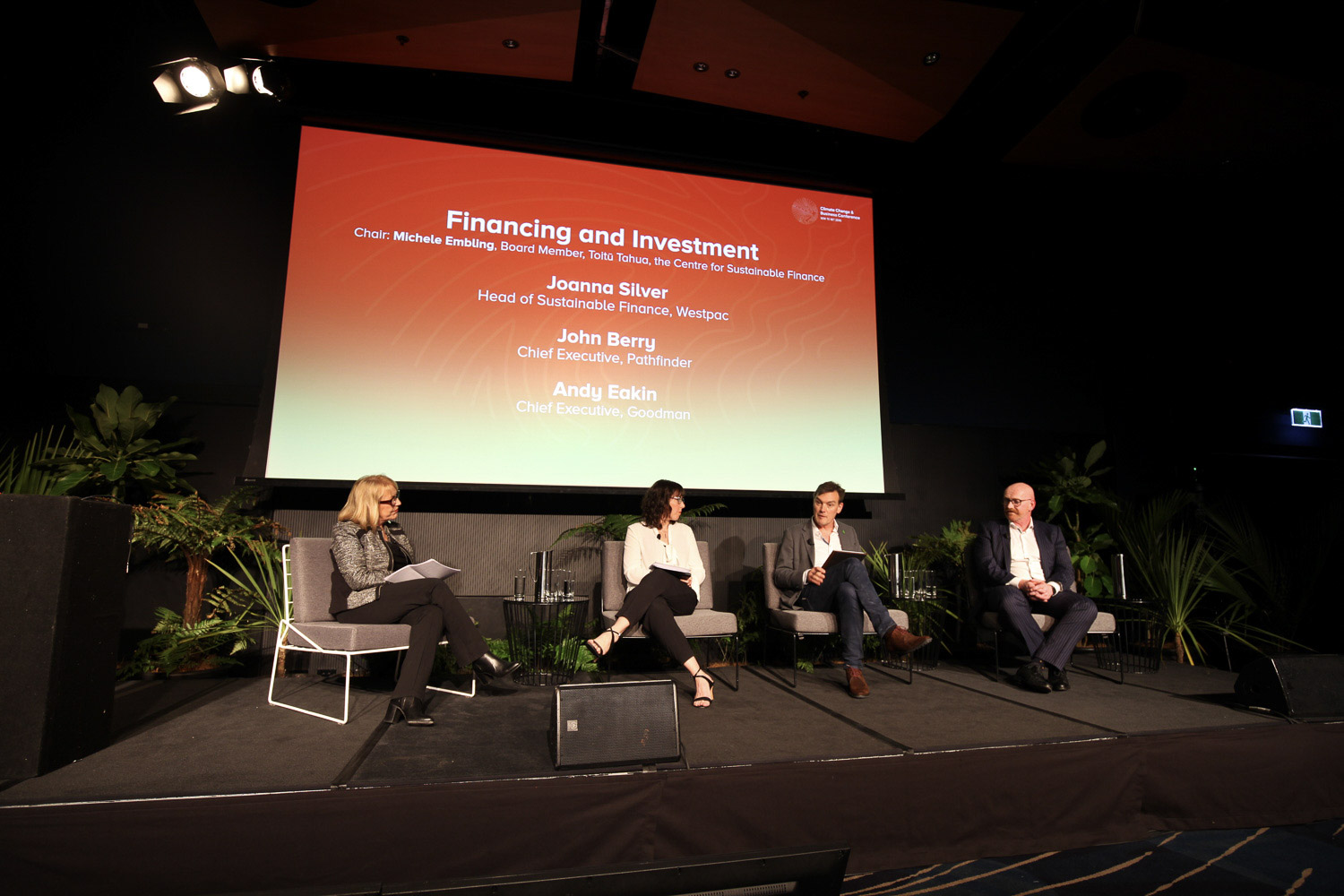 Finance session CCBC. Image / Supplied.
Finance session CCBC. Image / Supplied.Van Eyndhoven says the restoration of nature needs to be at the forefront of emissions reduction initiatives if we are going to get to net zero by 2050.
“The statistics show the world’s natural capital - such as healthy soil and fresh water needed to grow our food - are in a degraded state. Nature must be at the heart of any climate transformation and this needs to be led by the big players: banks, insurers, and power companies alongside Iwi, governments, NGOs and individuals,” she says.
“At Westpac we want to be part of the solution. Over the last three years we’ve facilitated more than $8bn in sustainable lending, and recently launched what we believe to be market-leading Sustainable Farm and Sustainable Business Loans for our customers and are working hard internally to future-proof the business and reduce emissions.”
The growing impetus for change stands alongside the need for acknowledgement that things will get worse before they get better, she says, with more extreme and frequent weather events. “But humans are extremely adaptable and resilient – and we have the tools we need to be making huge progress to limit the effects of a rapidly changing climate.”
With a climate-resilient, net zero 2050 the ultimate goal, bigger and faster changes are needed, and collaboration is the best way to achieve them.
The Climate Change and Business Conference, delivered by the Sustainable Business Council, Environmental Defence Society and the Climate Leaders Coalition, will bring together New Zealand’s leading voices on climate action, as well as include input from the global perspective, such as contributions from Canadian atmospheric scientist Katharine Hayhoe, and Net Zero Tracker co-founder John Lang.
Foundation Sponsors of the event include Westpac and the Ministry for the Environment.
For more information and to register for the conference, click here.


